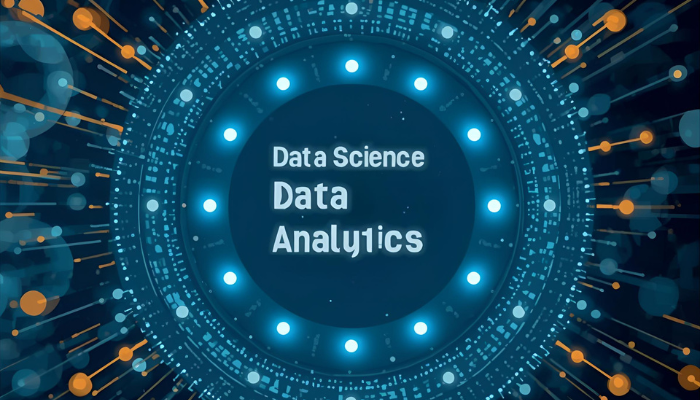
What is the Difference Between Data Science and Data Analytics?
In today’s data-driven professions, businesses of all sizes are struggling to comprehend huge loads of information. Whether you are creating forecasts, extracting insights, or optimizing operations, you may often hear the terminologies ‘Data science’ and ‘Data analytics’. So, what is the difference between data science and data analytics?
Both terms are relevant to each other. But, they serve different roles in converting raw data into strategic value.
L&Y Tax Advisors clarifies exactly what is the difference between data science and data analytics. We are here to help organizations and other professionals recognize where to invest their efforts.
What is Data Science?
Data science is a broad, interdisciplinary field that uses:
- Scientific methods
- Algorithms
- Relevant systems
The aim is to extract knowledge and insights from both structured and unstructured data. Data science extends beyond reporting. Data scientists:
- Build predictive models
- Apply machine learning
- Create data-driven solutions to complex problems
Key Elements of Data Science
- Statistical modeling
- Feature engineering
- Algorithm development
- Experimentation
To interpret models meaningfully, data science demands proficiency in:
- Programming (Python, R)
- Big data systems
- Domain knowledge
Read: What is a 5 step accounting cycle related to financial reporting and analysis?
What is Data Science Analytics?
‘Data science analytics’ is sometimes used interchangeably with data analytics. It is also used to emphasize the analytic dimension within data science. It generally refers to applying analytic techniques within the broader context of data science. These techniques can be:
- Statistical analysis
- Trend detection
- VisualizationIn practice
Data science analytics highlights the role of ‘analytics’ (descriptive and diagnostic) as part of a larger predictive or prescriptive workflow.
Difference Between Data Analytics and Data Analysis
Data analysis is a more focused concept. It means observing datasets to extract outcomes and discover patterns.
Data analytics is a broader, applied discipline. Experts of this field use those analysis techniques in business context to support:
- Decision making
- Data cleaning
- Visualization
- Modeling
- Reporting
In a nutshell, data analysis is a component of data analytics. Analytics applies that component towards organizational needs.
Read: What does a CPA firm do?
What is the Difference Between Data Science and Data Analytics?
Scope and Purpose
- Data science spans a larger domain. It often includes predictive and prescriptive modeling.
- Data analytics commonly focuses on interpreting past and present data to respond to specific business queries.
Techniques and Tools
- Data scientists use advanced methods, such as:
- Machine learning
- Deep learning
- Big data processing
- Data analytics professionals rely heavily on:
- SQL
- Business intelligence (BI) tools
- Dashboards
- Statistical techniques
Complexity and Data Types
- Data science often deals with unstructured or massive data and uncertainty.
- Data analytics usually works with structured, cleaner data.
Outcome
- Data science builds models and systems that adapt and predict.
- Data analytics yields actionable insights and reports.
Can a Data Scientist be a Data Analyst?
Yes. Many data scientists start their careers as data analysts. They expand into broader data science responsibilities as they build skills in:
- Programming
- Modeling
- Statistical inference
Is a Data Scientist Higher than a Data Analyst?
In organizational hierarchy, a data scientist is viewed as a more advanced or senior role. It requires in-depth technical and modeling skills.
However, ‘higher’ depends on the requirements of a business. A highly capable data analyst in a domain can be more valuable than a less effective scientist.
Read: What is the meaning of lieu in income tax?
The Bottom Line
Comprehending what is the difference between data science and data analytics is mandatory to excel in today’s professional life. Each field plays a vital role in converting data into value.
Analytics emphasizes the interpretation of existing data to inform decisions. Data science pushes further. It involves building models and systems that can predict what comes next. Together, they are foundational to any kind of business who wish to be data-driven in operations and strategies.


